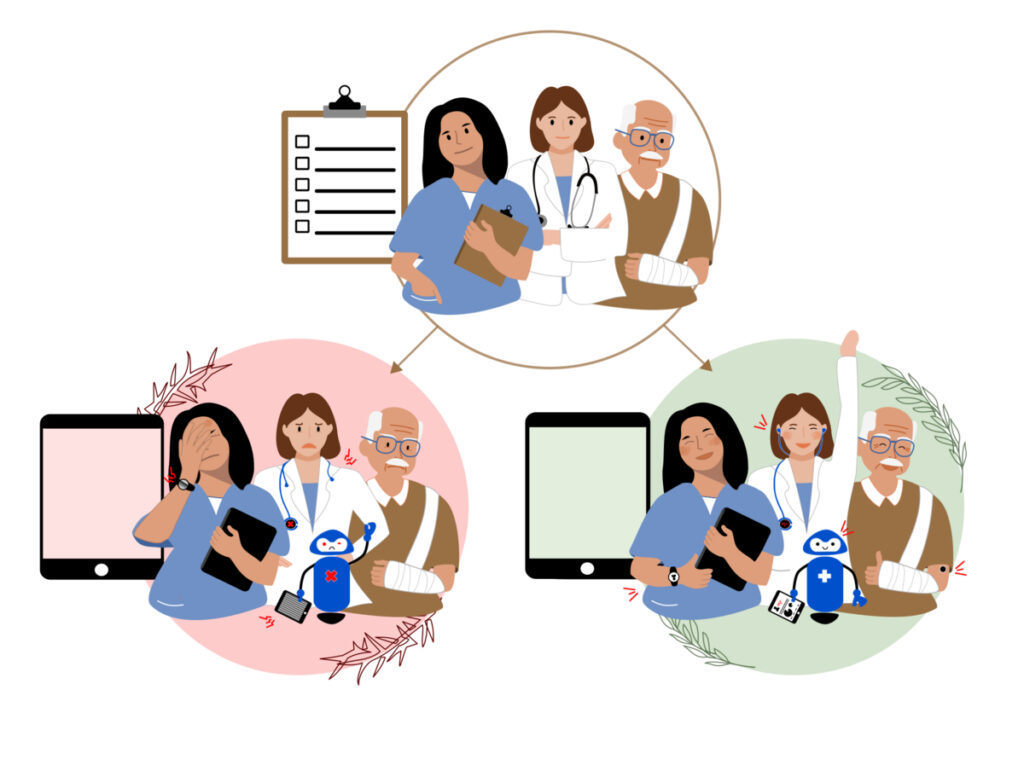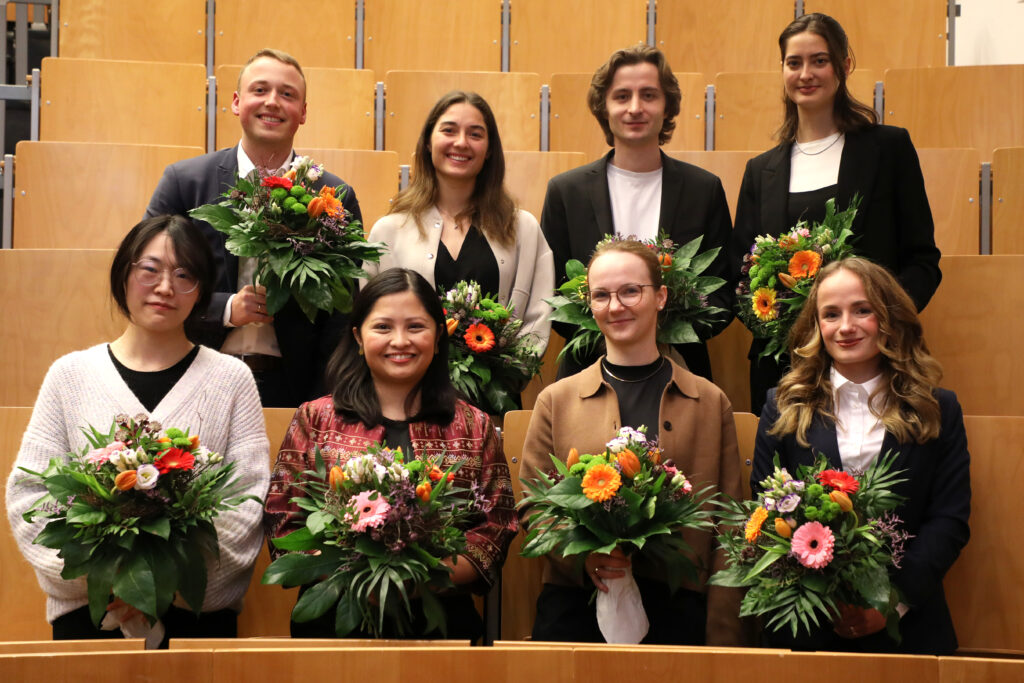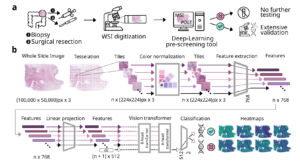Enabling flexible suites of Digital Health Technologies:
The need for tailored
Digital health technologies (DHTs), including wearables, mobile devices, and telemedicine, have become essential to modern medicine. Combining these individual applications into comprehensive packages often proves beneficial for addressing specific clinical needs. Examples include grouped devices for remote monitoring of patients or so-called hospital-at-home concepts, which can comprise several different technologies such as health sensors, alert and monitoring systems, smart medication boxes and digital patient support. However, an application-based combination of several technologies is currently challenging for manufacturers and commercial providers as well as legislators and reimbursement bodies. In a two-part series, researchers from Dresden, Oxford and London shed light on the potential as well as current challenges in implementation of DHTs and propose flexible, practical solutions. Their recommendations were published in the Nature Portfolio Journal “npj Digital Medicine”.
Rebecca Mathias, Peter McCulloch, Anastasia Chalkidou, Stephen Gilbert: Digital health technologies need regulation and reimbursement that enable flexible interactions and groupings; npj Digital Medicine, 2024.
Rebecca Mathias, Peter McCulloch, Anastasia Chalkidou, Stephen Gilbert: How can regulation and reimbursement better accommodate flexible suites of digital health technologies?; npj Digital Medicine, 2024.
The existing evaluation frameworks applied to suites of interconnected DHTs tend to hamper advancements in development and use, often slowing down medical technical progress. In most cases, each device is tested individually and approved for a specific intended purpose, while interaction between devices to provide new and possibly superior benefits is rarely considered. The flexible combination of different devices for new clinical fields of application poses major challenges for legislators and reimbursement bodies. Currently, digital medical tool developers must gather medical device approval and proof of clinical data for all interacting components used, even if they are not produced by themselves. For combinations using technology like smartphones or sensors available from multiple different manufacturers this interpretation of EU law seems like an almost impossible task. Safety and performance aspects also play an important role. If healthcare applications are combined, the different systems must be compatible with each other. Furthermore, cybersecurity and the protection of sensitive, personal health data are rightly given high priority.
Due to the increase of networked interconnected technologies and the major advances in mobile communication, the complexity of applications to be regulated is also growing. This is a development that the current practice of assessment, approval, monitoring and reimbursement cannot keep up with. The scientists, therefore, recommend that these processes should be more dynamic. One example of how this could be done better is through extensions of programs like the German fast-track procedure for the approval of digital health applications, or DiGA for short. Here, while maintaining rigorous safety standards, approval for reimbursement is conditional. It is initially limited to a one-year evidence generation period to prove a positive care effect thereby trying to promote a balance between safety and innovation.
Professor Stephen Gilbert, head of the Medical Device Regulatory Science research group at the Else Kröner Fresenius Center for Digital Health at TUD Dresden University of Technology, together with other researchers, advocates a flexible and appropriate regulatory framework that considers the strengths and weaknesses of digital technology bundles. For the future, they recommend a mix of flexible approval, assessment and reimbursement combined with robust and intelligent oversight. The aim should be digital transformation in medicine that meets societal needs, saves costs, is environmentally friendly and improves the overall quality of healthcare.
Funding
This work was supported by the European Commission under the Horizon Europe Programme, as part of the projects CYMEDSEC (101094218) and ASSESS-DHT (101137347). UK participants in Horizon Europe Project ASSESS-DHT are supported by UK Research and Innovation (UKRI) grant number 10106825 (National Institute for Health and Care Excellence).
More News
Carl Gustav Carus Awards for three EKFZ affiliated young researchers
Virtual companions, real responsibility






